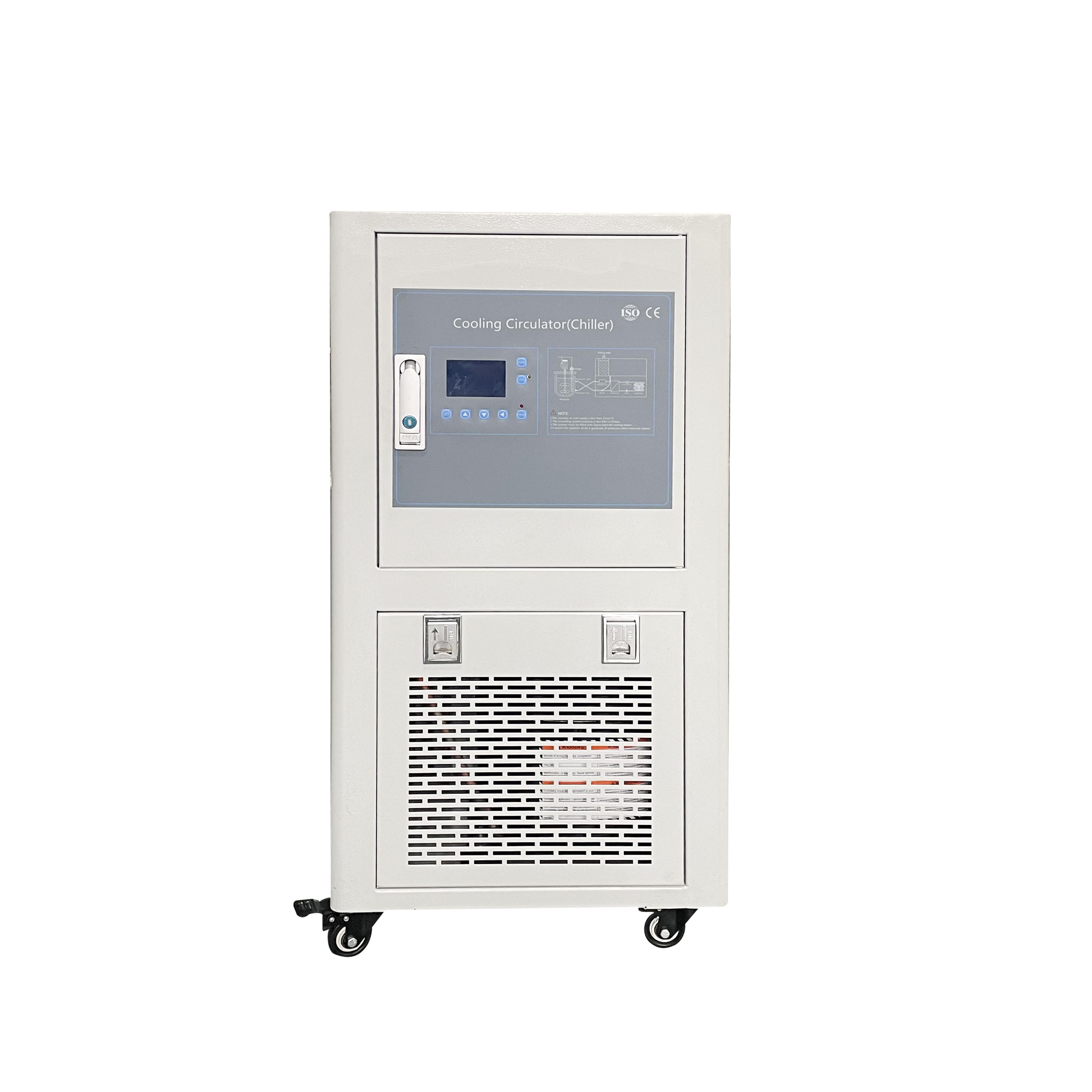chiller tank
A chiller tank is an advanced industrial cooling system designed to maintain precise temperature control in various processes and applications. This sophisticated equipment combines robust construction with cutting-edge temperature regulation technology to provide reliable cooling solutions for industrial, commercial, and manufacturing environments. The system consists of a well-insulated tank, powerful cooling mechanisms, and advanced control systems that work in harmony to maintain consistent temperatures. The tank's primary function is to cool and store water or other cooling media, which is then circulated through process equipment or facilities requiring temperature control. Modern chiller tanks incorporate smart monitoring systems that provide real-time temperature data and automated adjustments, ensuring optimal performance and energy efficiency. These systems are particularly valuable in industries such as food processing, chemical manufacturing, and HVAC applications, where maintaining specific temperatures is crucial for process integrity and product quality. The design typically includes features such as high-grade stainless steel construction, efficient insulation materials, and precise temperature control mechanisms that can maintain temperatures within ±0.1°C accuracy. Additionally, these systems often come equipped with backup power options and redundant cooling systems to ensure continuous operation in critical applications.


